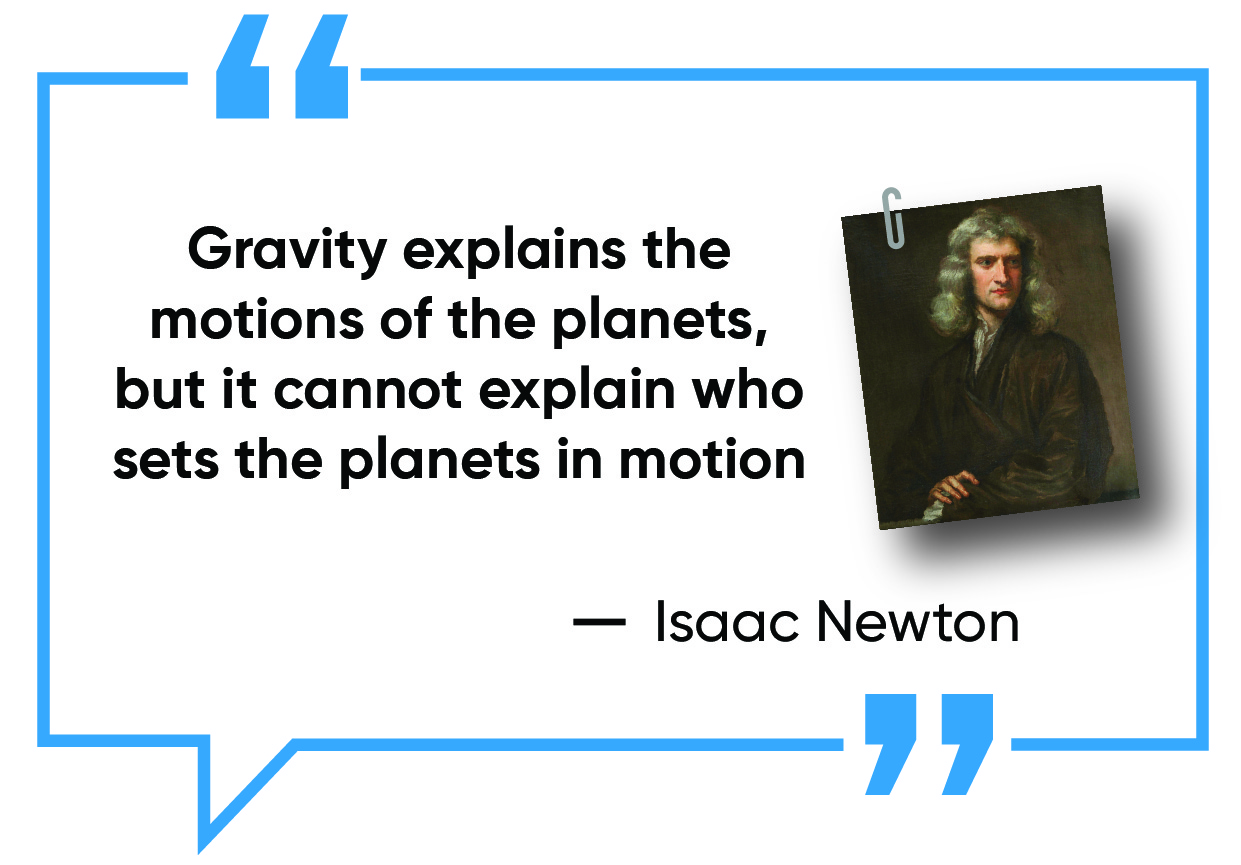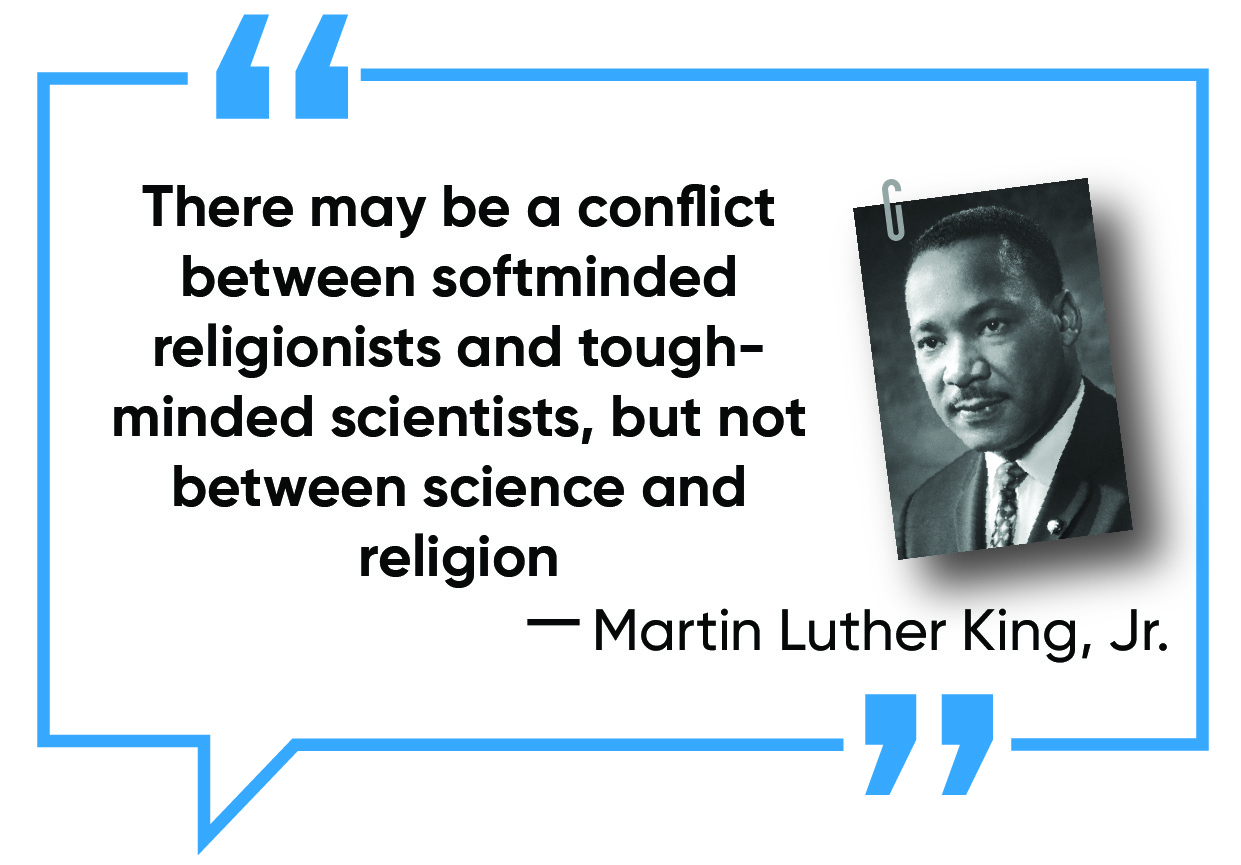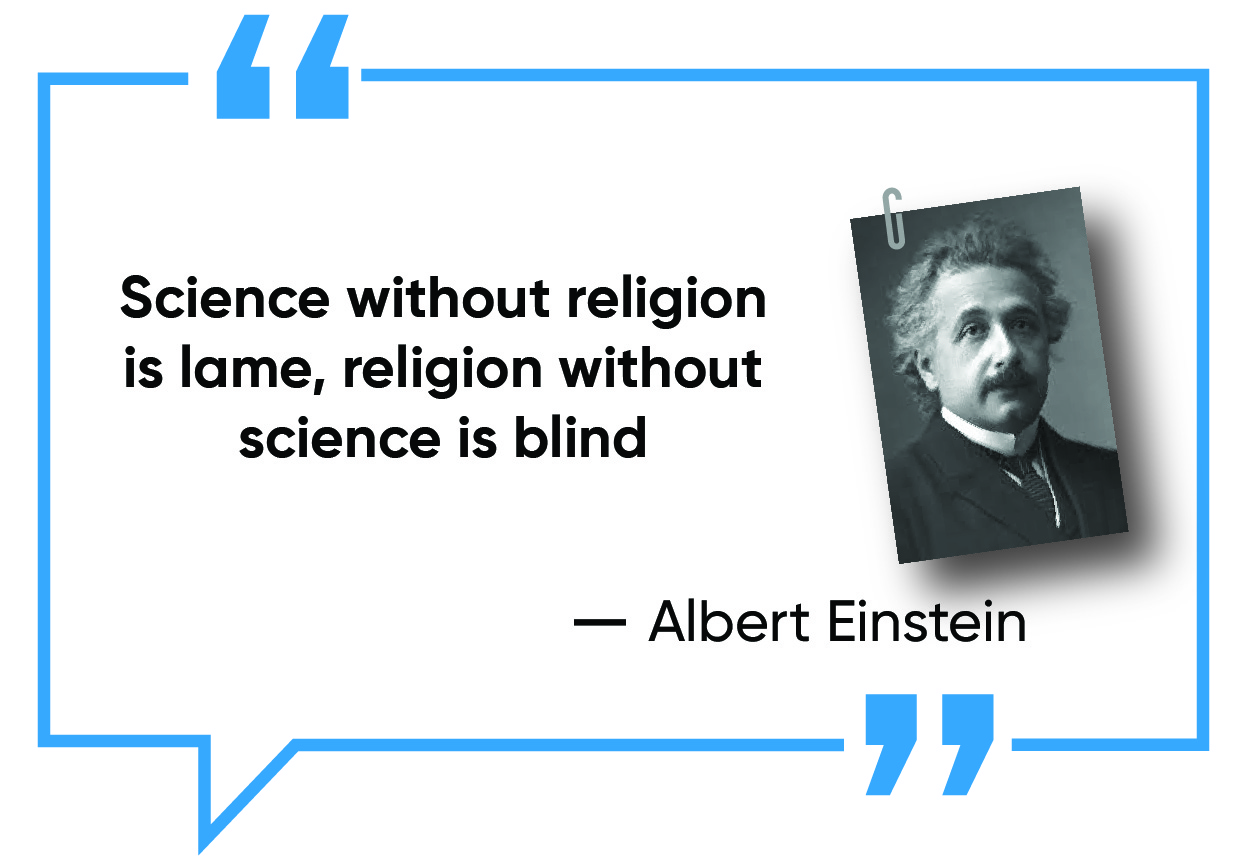Introduction
The relationship between religion and science is quite dynamic. Interaction between them has long been a source of tension, debate, and often, conflict. Both provide different approaches to understanding the world and reality. Religious ideas are often challenged by new realms of knowledge and scientific advancements. Despite these challenges, religion holds an integral and constructive role in people's lives. This dichotomy begs a question, can religious beliefs coexist harmoniously with scientific progress?
Understanding Religious Belief System

- Based on Faith: A religious belief system is shaped by the faith of the person. Faith involves a deep, personal conviction in the unseen, the transcendent, or the divine.
- It is a foundational element that provides meaning, purpose, and a sense of connection to the sacred.
- Brought in practice by collective wisdom: These beliefs often stem from ancient texts, oral traditions, and spiritual experiences that have shaped the collective consciousness of civilizations.
Scientific Advancements Challenging Religious Belief
Scientific ideas have a significant transformative impact on long-held beliefs. This can be showcased in many areas of life-
- Life and death: The very notion of bringing life into this world is being challenged by the advancement in the sphere of biotechnology.
- Genome editing can be used to change a baby's genetic characteristics and cloning of animals has tampered the belief that life and death are in the hand of God.
- Evolution: The theory of evolution by Charles Darwin (promoted the idea of Natural Selection) discredits several religious beliefs about the origins and development of human life on Earth.
- Space: Big Bang theory suggests that the universe originated from a singular event approximately 13.7 billion years ago.
- It is contrary to religious belief which propagates different theories regarding the formation of the Universe, particularly Earth.
Scientific Enquiry: Limitation and Boundaries

- Limitations of Empirical Evidence: The basic foundation stone of Science, empirical evidence, has led to several new discoveries and inventions. However, there are certain limitations in it.
- For instance, various human-specific elements such as consciousness, spirituality etc. cannot be empirically measured or compared by scientific enquiry.
- These elements involve personal experience and subjective interpretation.
- Ethics and conduct are not the primary focus: Scientific developments may provide information about the cause or consequences of certain actions or behaviours, but they cannot explain moral values or ethical principles associated with them.
- Advancements in the sphere of biotechnology have also raised complex ethical questions about the boundaries of genetic engineering and its potential implications for human evolution and the natural order.
- Also, Scientific developments are not able to answer a lot of questions or mysteries such as the nature of the soul, the existence of an afterlife, or the ultimate purpose of human existence.
Way Forward: Reconciling Faith and Reason

- Adopting Intellectual Humility: It involves recognizing that there are gaps in one's knowledge and that one's current beliefs might be incorrect.
- Rigidity or intolerance on either side can stifle intellectual growth and impede the pursuit of truth.
- Dialogue and Cooperation: It can be guided by the humanistic principles of inclusivity, respect for diversity, and the preservation of cultural heritage.
- Scientific community must approach religious beliefs with cultural sensitivity and an appreciation for their profound impact on individuals and societies.
- For instance, the ancient Greek philosopher Aristotle, while revered for his contributions to scientific thought, also believed in the existence of an "Unmoved Mover" – a concept that aligned with the notion of a divine creator.
- Religious institutions should not dismiss scientific findings outrightly, they should explore opportunities for reinterpreting religious texts and traditions in light of new evidence.
- Scientific community must approach religious beliefs with cultural sensitivity and an appreciation for their profound impact on individuals and societies.
- Developing Critical Minds: A balanced and nuanced exploration of religious beliefs and scientific advancements in curricula, educators can equip students with the critical thinking skills necessary to navigate this conflict with wisdom and empathy.
Check Your Ethical AptitudeA space company in the US is providing unique services in which human remains (ashes) are stored in an Aluminium capsule and they are sent into orbit near the Moon. A native tribe in the US has raised concern regarding the same. They argue that this would turn the Moon into a graveyard, impacting their religious customs. On the other hand, the Company argues that, it is the individual's right and choice as space is a collective good. Based on the given case study answer the given questions.
|





